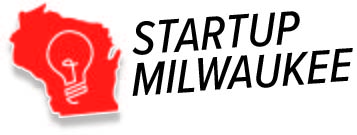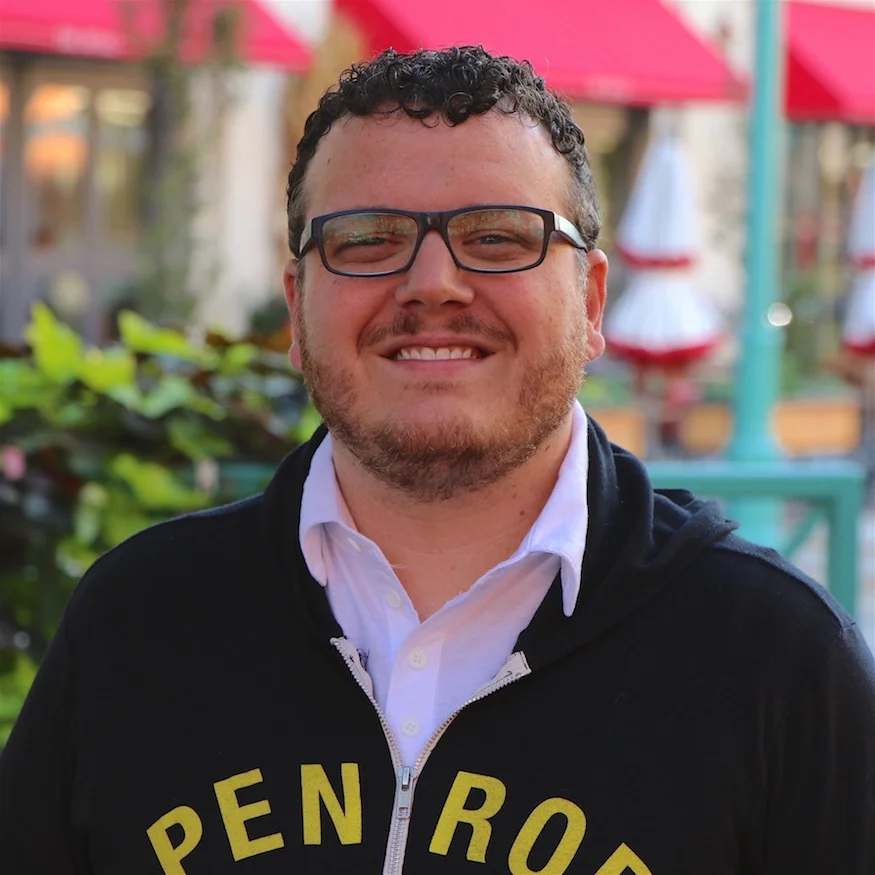Startup Milwaukee has partnered with Cognition for 5 Questions, a series that highlights entrepreneurs, investors, and leaders committed to advancing Milwaukee’s startup ecosystem. This edition features Chris Widmayer, co-founder and CEO of Penrod, which implements Salesforce.com for life science companies. This interview has been edited for length and clarity.
As a Salesforce.com implementation partner, why would a company need Penrod? Can’t they just buy the software and set it up on their own?
What Penrod offers is expertise on how to build on the Salesforce.com platform, which is pretty difficult and easy to make mistakes on. When I was working as a consultant before Penrod started, I saw companies that had invested like $500,000 in software they were unable to use because it wasn't implemented well and they didn't trust it. That’s where I saw the opportunity for Penrod. Other partners were just trying to get things done without challenging themselves to come up with good, quality solutions. We wanted to be a different kind of partner whose goal is to build a sustainable, growing system, not just to pound out some billable hours. That was the start of always doing things unconventionally, like with our pricing model and things like that.
What’s unconventional about your pricing model?
We do fixed-bid. In the SalesForce ecosystem and the CRM [Customer Relationship Management] ecosystem in general, most charge for time and materials. But one of the hardest parts of consulting is that if I hired you at an hourly rate and you estimated 100 hours when it takes 200, I’ve just blown the budget by double. Instead, we come in, do a discovery, and give the customer the advantage of knowing upfront what they’ll pay for a product. Now, because of that, our scoping processes are very involved and intimate. But that also makes the customer feel more comfortable and allows us to build that relationship upfront. Our ultimate goal is to give such good customer service that we get invited to the company Christmas party. And to do that, one of the first things we do is get the economics out of the conversation. That way, we don’t have to talk about money in the middle of a project of that’s going great, which could completely change the dynamics.
I love that your goal is to get invited to customers’ Christmas parties. Do you actually get invited and attend them?
We do! We actually just had a recent one by one of our biggest clients. When I scoped the project, I thought it was going to be a tough deal. The budget wasn't quite what everyone wanted but it moved forward. Then three months ago we got word that the product team got invited to the Christmas party, which they just went to a few weeks ago. That’s the best thing you could have happen in our company because then you're living the values. Our team is second to none, and we realize everyone has to be performing for this thing to work. We’ve had great years, we’ve had tough years, and we’re still here. That’s the key in business. If after all the smoke clears you’re still there, you have a fighting chance.
With that in mind, what’s been your toughest year so far?
It was 2017, for sure. That year, we had the best January ever from a sales standpoint, even booking one million dollars in business in one day. It was exhilarating for us but after that we ended up over-hiring, and then we didn’t have the sales to match that. So that was a year we were able to reset and get a little smarter about how we grow. But to be honest, I don’t think I’d have wanted it to happen any other way. That transformed the entire way we run our company because until then, we had had so much success and growth so fast that it was masking problems from a process standpoint. So that helped us re-establish a lot of our processes, define a leadership team, and define the way we strategize and budget from a year-over-year standpoint. That would have happened eventually so I'm glad it did then and not years later when it’d be a bigger issue.
I can see why you’d be glad! In addition, are you glad to be located in Milwaukee?
Yeah, the best thing about being here in Milwaukee is amazing access to technical and business talent. MSOE [Milwaukee School of Engineering], Marquette [University], UWM [University of Wisconsin Milwaukee] are all really good schools. But a lot of people don’t realize that someone coming out of MSOE at age 23 and out of Stanford at 23 are very similar resources, so not enough businesses are grabbing that MSOE person and keeping them here. So we balance bringing on experienced people with people straight out of college. Our goal at the end of the day is to help grow people in this industry and just in general, whether that be in the middle of their careers or the start of their careers. If they grow then they're going to benefit the business. The hope is that they'll stay with us long-term, but even if they choose to move on, we're happy to see them do great things at other places.
Asha Dewan is the owner of Cognition, a writing agency located in Milwaukee, WI. Cognition works with a variety of businesses to create engaging content that helps them maintain visibility.

